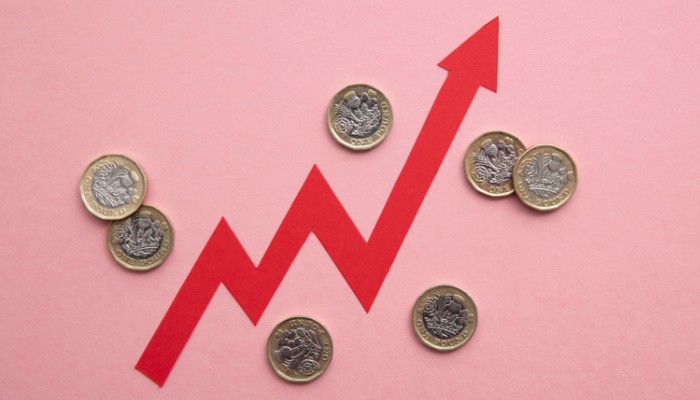The cost of living in the UK increased sharply in 2022, with annual inflation reaching its highest rate in over 40 years at 10.5% – up from 5.4% in 2021.
The Office for National Statistics (ONS) states that this is the highest annual inflation rate since 1981, but what caused this drastic effect? Its research into the components of inflation in 2022 reveals the biggest contributors to soaring prices.
Causes of inflation in 2022
To calculate inflation, the ONS monitors the prices of everyday items in a hypothetical ‘basket of goods’ – known as the Consumer Price Index (CPI). The inflation rate is tracked with monthly figures, which hit an all-year high at 11.1% in October 2022.
The ONS ‘basket’ above is presented as a hierarchy graph, showing the annual inflation rates for 12 categories, which are weighted according to the average household expenditure in each category. As you can see, not all components faced an inflation increase in the double digits.
While ‘transport’ was the sector with the highest inflation, households spent less proportionally on this category than three others with slightly lower rates.
The largest spending category had the second-highest inflation rate at 13.1% – with ‘housing, water, electricity, gas and other fuels’ coming in at just 0/1% below transport. Unsurprisingly, gas and electricity were the largest contributors to inflation in this section, with prices shooting up as a result of supply pressures brought about by the war in Ukraine.
The next largest category after this was ‘food and non-alcoholic beverages’ at 11.6%, which was also influenced by the war and international sanctions on Russia, as these affected agricultural exports such as wheat. Other factors, like Brexit, also contributed towards rising prices for goods such as milk, cheese, olive oil, sugar, honey, chocolate, and soft drinks, amongst others.
As the main categories contributing to inflation – food and fuels – saw prices rise because of the Russia/Ukraine war, this should hopefully stabilize now we’re over a year on from the invasion.
Will inflation go down in 2023?
With supply chain bottlenecks easing and wholesale gas prices falling, the Bank of England anticipates that inflation will begin to fall by the middle of the year, and should drop to about 4% by the end of 2023 – on track to lower to the government’s target of 2% in 2024.
Prices are likely to remain high for the time being, so financial pressures will ease slowly enough that many people may not notice a difference in their month-to-month expenditure. Inflation will also still be high enough that long-term financial planning should take this into account.
If you could use financial planning services to help you manage your expenses, including taxes, our accountants in Barnsley and Leeds would be happy to hear from you. Call us on 01226 298 298 or email info@gbac.co.uk to discuss your requirements and learn more about what we can do for you.
